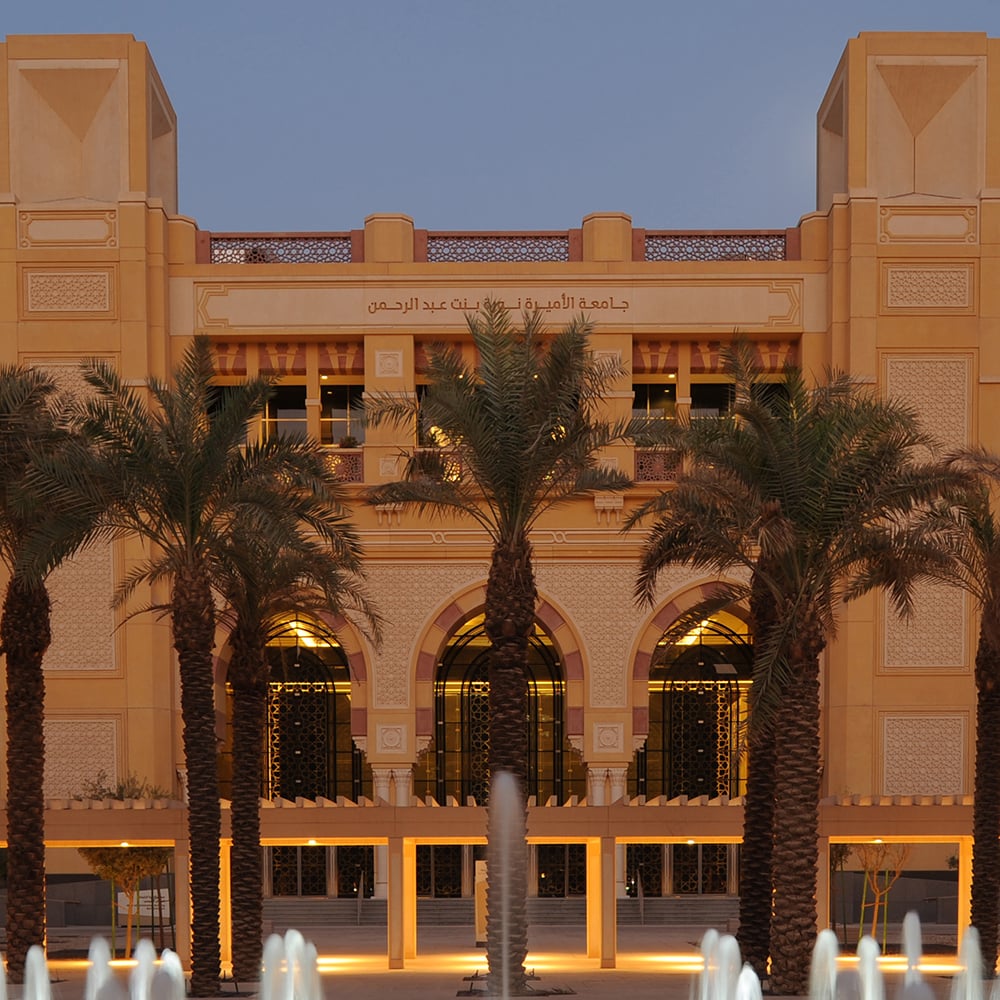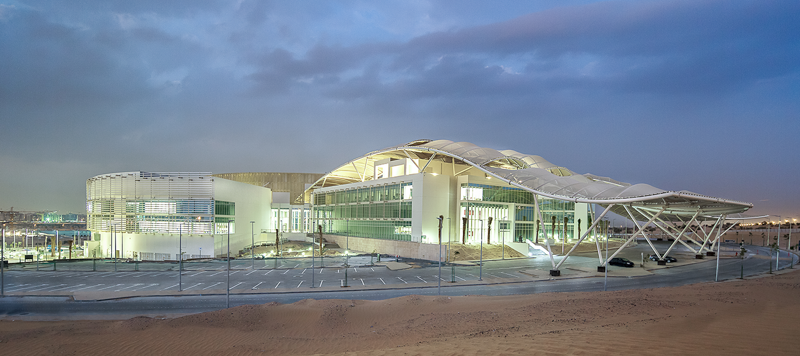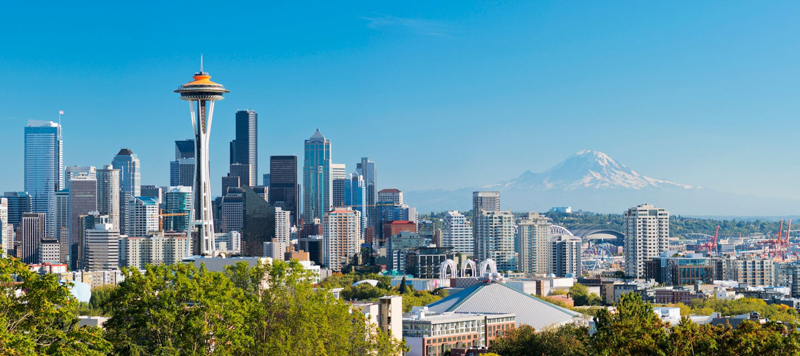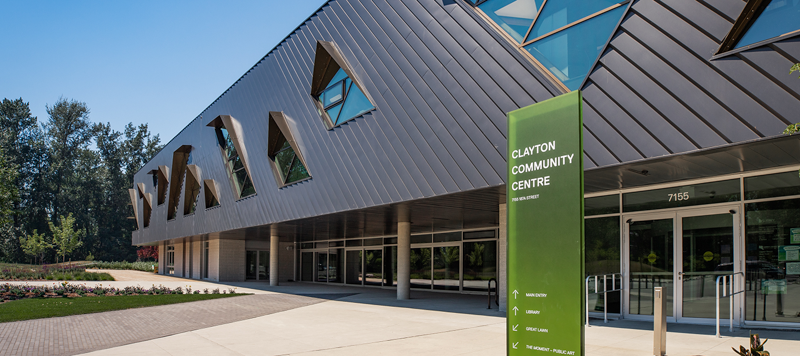Location
Lahore, Pakistan
Our Impact:
Livability, Sustainability
Our Specialist Brands:
Dar
Expertise:
Environment, Communities
A project to impact all areas of sustainability and design a healthier way of life in a growing region.
Lahore, the capital city of the Punjab Province in Pakistan, has the unenviable accolade of currently having the world’s worst air quality. The informal, unplanned, overly dense areas of old Lahore also often lack structure and access to basic services and community facilities.
Its citizens grapple with water shortages and congestion, all of which has been exacerbated by an increase in migration from rural areas - with trends projecting that its population could increase by 25 million if the city is left to develop in an unplanned way.
But, rapid urbanisation, poor air quality and social inequality cannot be addressed in isolation. Lahore needed to understand its issues within the context of the wider region. As a major growth centre, it needed a comprehensive regional plan that would guide economic growth and pave a path towards sustainability, resilience, and inclusivity.
Guided by a strong understanding of both the local context and the expectations of stakeholders, Dar – Sidara’s design engineering specialist – developed a plan that aims to impact all areas of sustainability. The regional strategy – formally known as the Master Plan for the Lahore Division 2050 looks ahead to serving a diverse population of over 37 million people by 2050.
As part of the regional plan, Dar also prepared a master plan for Lahore City and another 45 smaller urban centres which have been identified by the regional master plan to accommodate the future population and economic development of the Division.
We needed a ground-level snapshot of life for residents. The process of collecting extensive environmental, traffic, demographic, land, housing, and service data provided not only the big picture but was also an opportunity to launch a comprehensive and impactful consultation process to hear the concerns and preferences of citizens. This informed the master plan and ensured significant buy-in from millions of citizen stakeholders.
With this data, we were also able to develop cross-cutting planning policies to promote sustainability that will work for local conditions, based on international best practices. For example, as agricultural land is increasingly used for urban development resulting in many gated communities, a key priority is to limit expansion over agricultural land whilst revitalising inner city communities. We designed a pilot neighbourhood with better access points, open space, land for community facilities, local commercial activity and services to meet the day-to-day needs of residents.
Many of the fundamental issues communities are facing will be tackled through multiple integrated programs.
Air quality will be improved by stacking strategies. By improving public transit and by building neighborhoods that have the right mix of density, services, and amenities, people will be more likely to walk, cycle, or take transit, which will reduce traffic pollution. At the same time, a power strategy will support the transition to cleaner forms of energy.
Neighborhoods will also be designed to be cleaner and more efficient, with modern stormwater and sewerage networks, and public spaces that support both community life and natural ecological functions.
All of this will be supported by an environmental strategy that embeds key principles and practices to ensure that the quality of Lahore’s land, air, and water is compatible with the needs of a healthy life for its people – without compromising the value of the environment for generations to come.
Location
Lahore, Pakistan
Our Impact:
Livability, Sustainability
Our Specialist Brands:
Dar
Expertise:
Environment, Communities



